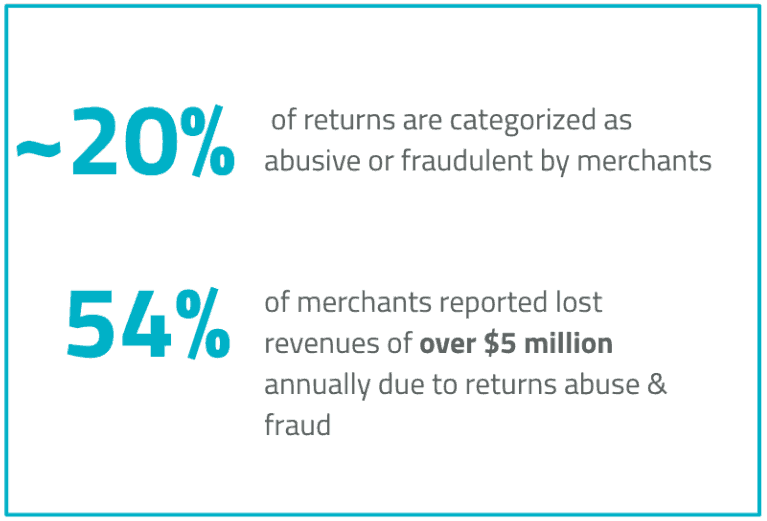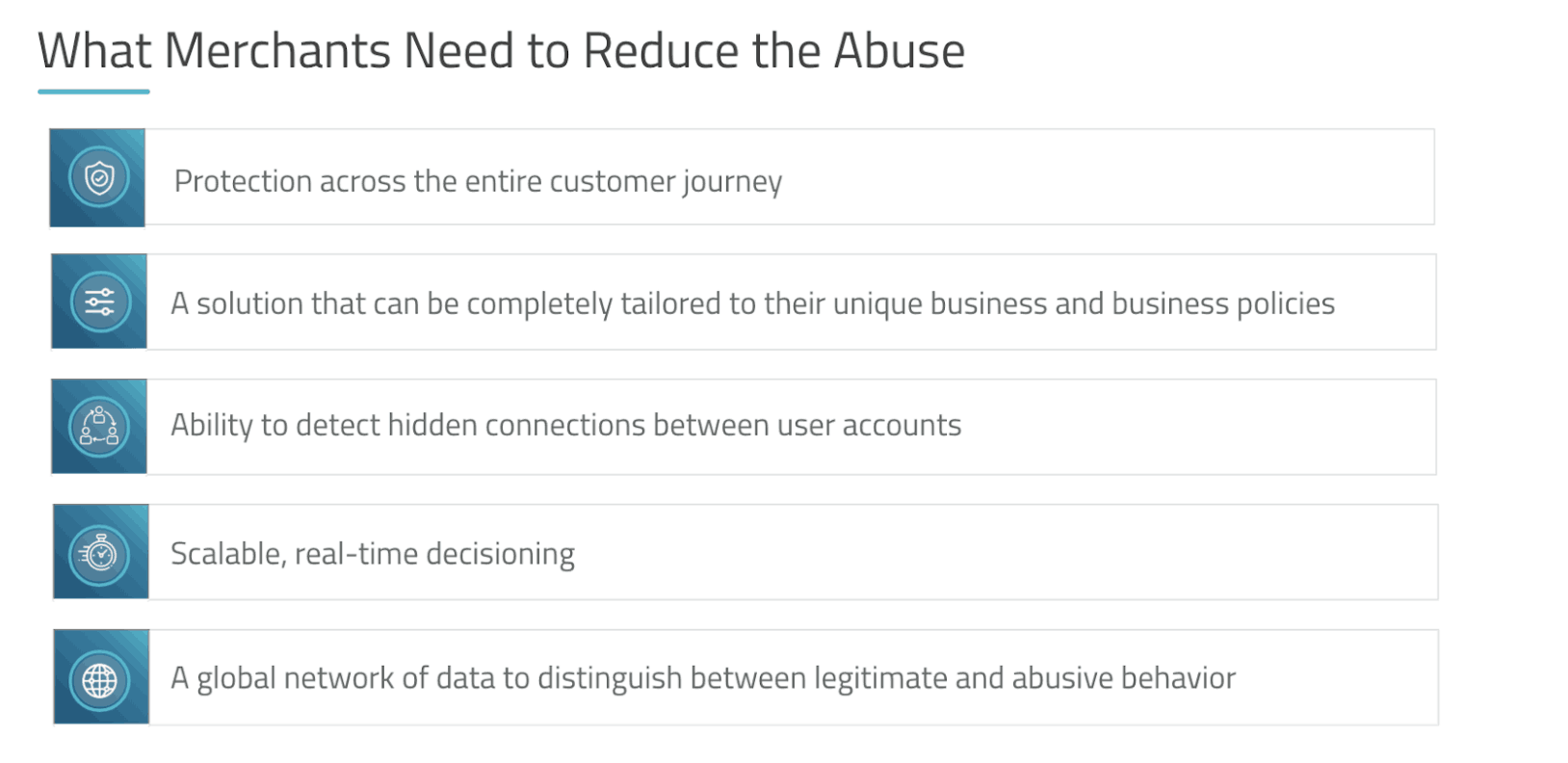During Forter’s Next in Commerce four-part webinar series, we’ll be showcasing new learnings and insights on the topic of Returns Abuse from a variety of different perspectives. Our first session covered The Current State of Returns and I was fortunate enough to be able to speak with Josh Behr, Director of E-Commerce & Digital Marketing at Amerex Group, a leading apparel company based in New York.
You can listen to the webinar here, but in summary, we covered:
- The changing retail environment amid the outbreak of Coronavirus (COVID-19)
- How merchants are adapting their business and policies to meet consumers’ expectations
- How Amerex Group and other merchants are thinking about approaching returns abuse
The global commerce environment has shifted dramatically in 2020. Merchants are learning how this new reality impacts their business and customers, and how they must adapt their policies to accommodate shifting consumer expectations.
As Josh noted, Amerex Group and other retailers care about their consumers and how external influences are impacting them. First and foremost, it is vital for merchants to continue to provide the same best-in-class customer experience their loyal customers expect. However, travel restrictions and shelter-in-place guidance has caused a pivot in how consumers buy and return products. For example, Amerex Group used to have a strict 14 day returns policy based on the fact that they sell swimwear; however given the current climate the company has extended its returns policy to 30 days instead to allow for customers who may have a hard time leaving their homes or finding a designated place to do returns.
However, they also want to protect their business and be mindful of potential avenues for fraud and abuse. As a result Amerex looks at fraud management in two ways:
- More people at home than ever before means there has been an influx in online shopping. This has meant that more customer account information is available. Businesses need to be aware of the potential for fraudsters to take advantage and attempt account takeover attacks and fraud.
- Given a more flexible returns policy has been enacted, Amerex wants to mitigate returns abuse or the potential for customers to “wardrobe” – abusers purchase items, wearing or using them, and then return the items back to the store for a refund.
It should be noted that returns abuse is different from fraud. Instead of being perpetrated by cybercriminals, returns abuse occurs when good customers (or those who may look like “good” customers) take advantage of a merchant’s program or policies for their own gain. And it’s a huge problem for retailers.
Return abuse costs US retailers an estimated $24B annually.
The tension between offering customer-friendly returns offerings while accurately identifying and preventing abusive behaviors has proven a struggle for merchants.
For Amerex Group, a return rate of 30% is not unusual so minimizing policy abuse is extremely important to the business. As such, their approach to combating returns and abusive behaviors during this time has been to:
- Establish a system for evaluating customer behaviors and returns.
- Have patience. Not everyone is looking to abuse the system, and at the end of the day the business goal is to offer the best customer experience possible.
- Accurately identify abusers.
To learn more about how returns abuse may be impacting your business, what trends experts in retail are seeing, and how to better protect your business from abuse, tune in to the rest of our upcoming webinar series.






